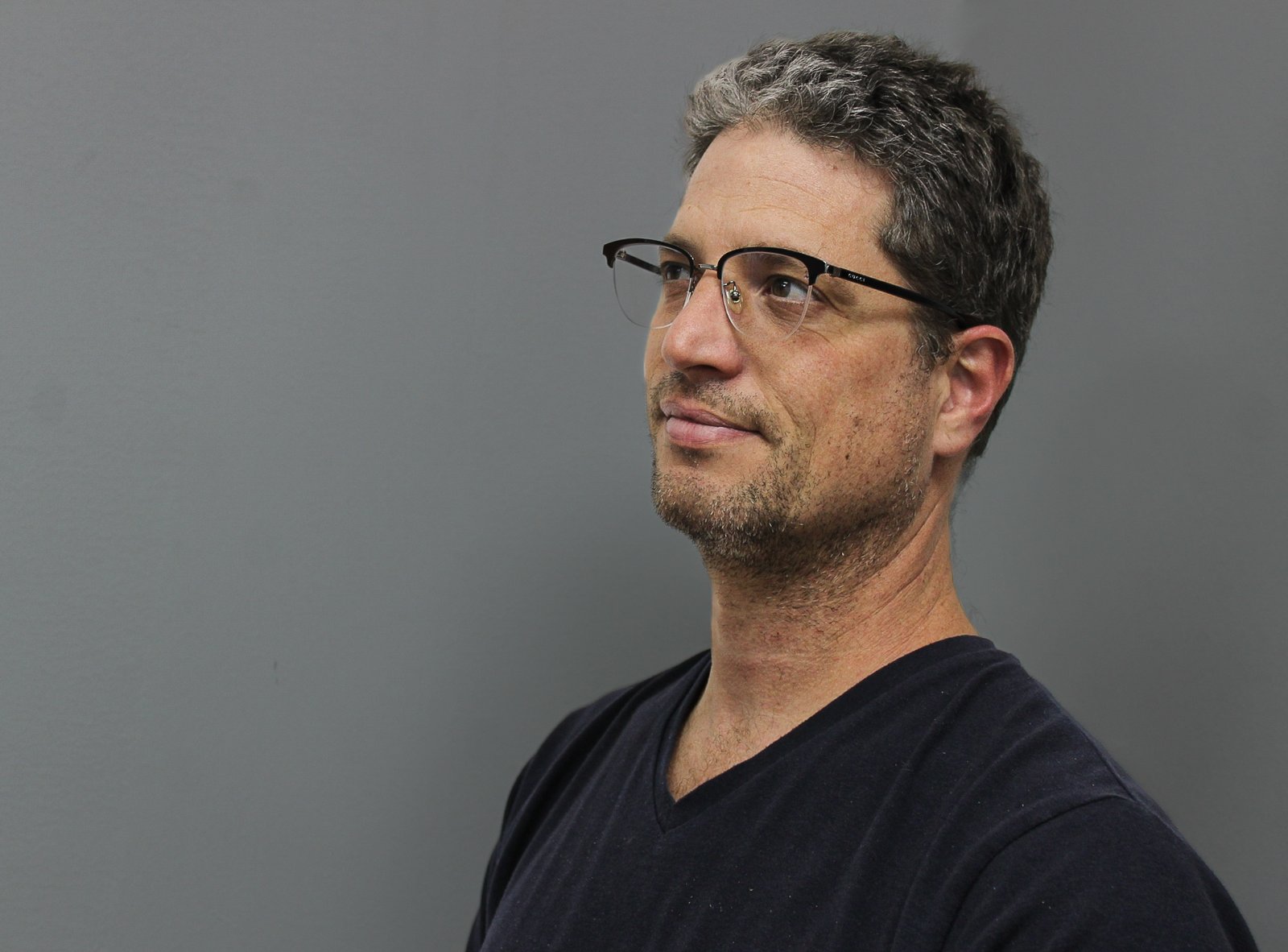10 Most Innovative Material Science Companies To Watch In 2023


In recent years, the material science landscape has been witness to several game-changing innovations, and SolCold is one such emerging player in this field that is redefining the way we think about cooling. Their patented nano-technological material can cool everything under the sun, without any power consumption, and is paving the way for a more sustainable and energy-efficient future. From a tiny start-up in 2016 to a rapidly growing enterprise in 2023, SolCold's journey has been nothing short of remarkable. They have overcome numerous challenges and emerged as a leader in the material science space, thanks to their unique blend of professionalism, expertise, cooperation, motivation, and a clear sense of purpose. As SolCold's success story unfolds, it is important to understand the trends that are shaping the material science landscape and how SolCold is planning to leverage them to evolve and address the challenges faced by decision-makers of leading companies in this space. One of the key trends that SolCold is paying close attention to is light-matter interaction. Specifically, they are exploring two areas of research in this domain: super scattering meta-materials and broadband photo structures for visual and thermal light. The former has the potential to optimize materials for cost and weight, while the latter is expected to improve material photonic cooling properties. Another major trend that SolCold is keeping a close eye on is the increasing demand for sustainable materials. As a company that is committed to global decarbonization efforts, SolCold has always been conscious of the need to strike a balance between sustainable and hazardous materials. They are constantly working to make the right choices in favor of sustainable materials, even if it comes at the cost of cooling properties. This approach is not only good for the environment but also helps to future-proof their solutions against potential regulatory hurdles down the line. In addition to these trends, SolCold is also focused on addressing the challenges that decision-makers of leading companies face in the material science space. One of the most significant challenges is associated with reverse engineering. To tackle this issue, SolCold has put in place a strong IP protection policy, which has resulted in six granted patents, 36 pending patents, one patent in the PCT stage, and four patents in the provisional. Another major challenge is production cost efficiency. SolCold has adopted a tripartite consecutive policy to address this issue. They start with relatively small production quantities at the pilot stage, followed by medium-sized production quantities at the sales stage initiated by successful pilots. Finally, they plan to achieve economy of scale through a production plant in South-East Asia in the later stages. This approach ensures that their solutions are scalable, sustainable, and cost-effective. Now let's take a closer look at SolCold's innovative cooling solutions and how they are transforming the material science landscape. SolCold's passive coating technology uses a physical process called anti-Stokes fluorescence to cool surfaces. This process reverses the natural phenomenon of heat absorption and converts solar energy into subatomic particles, which lose their heat, resulting in a cooling effect. The coating can achieve sub-ambient temperatures of up to 12 ºC undercoated surfaces and a cooling force of up to 170 W/m2. This technology eliminates the need for additional energy, complex devices, or special maintenance, making it a cost-effective and sustainable solution for a wide range of industries. One of SolCold's most significant achievements to date is its ability to cool without any power consumption. Their technology has the potential to revolutionize the way we think about cooling and reduce our reliance on energy-intensive solutions. This, in turn, can help to reduce pollution and mitigate the impacts of climate change. In addition, we would also like to highlight SolCold efforts and impact concerning social responsibility, in particular, relating to the Haifa Bay area being contaminated by oil refinery enterprises among others. Indeed, in summer, the average temperature in the Haifa Bay area often exceeds 30 ºC, leading to an increase in oil temperature and consequently to intensified poisonous evaporation. At stake is not only contamination of the surrounding area and unpleasant poisonous smell but also human health and well-being, resulting in periodic public unrest in the area. Indeed, as revealed by a local environmental NGO the health damage caused by air pollution in 2018 in the Haifa Bay area is estimated to be at least $340 million. SolCold is able and ready to address this problem. Indeed, in case our cooling coating solution is being applied to oil silos and other oil reserve solutions, this will result in contamination reduction and poisonous smell radius depletion by 50%. Currently, the company does its best to promote negotiation efforts with applicable authorities in the Israeli oil industry to address and promote these CSR issues.






